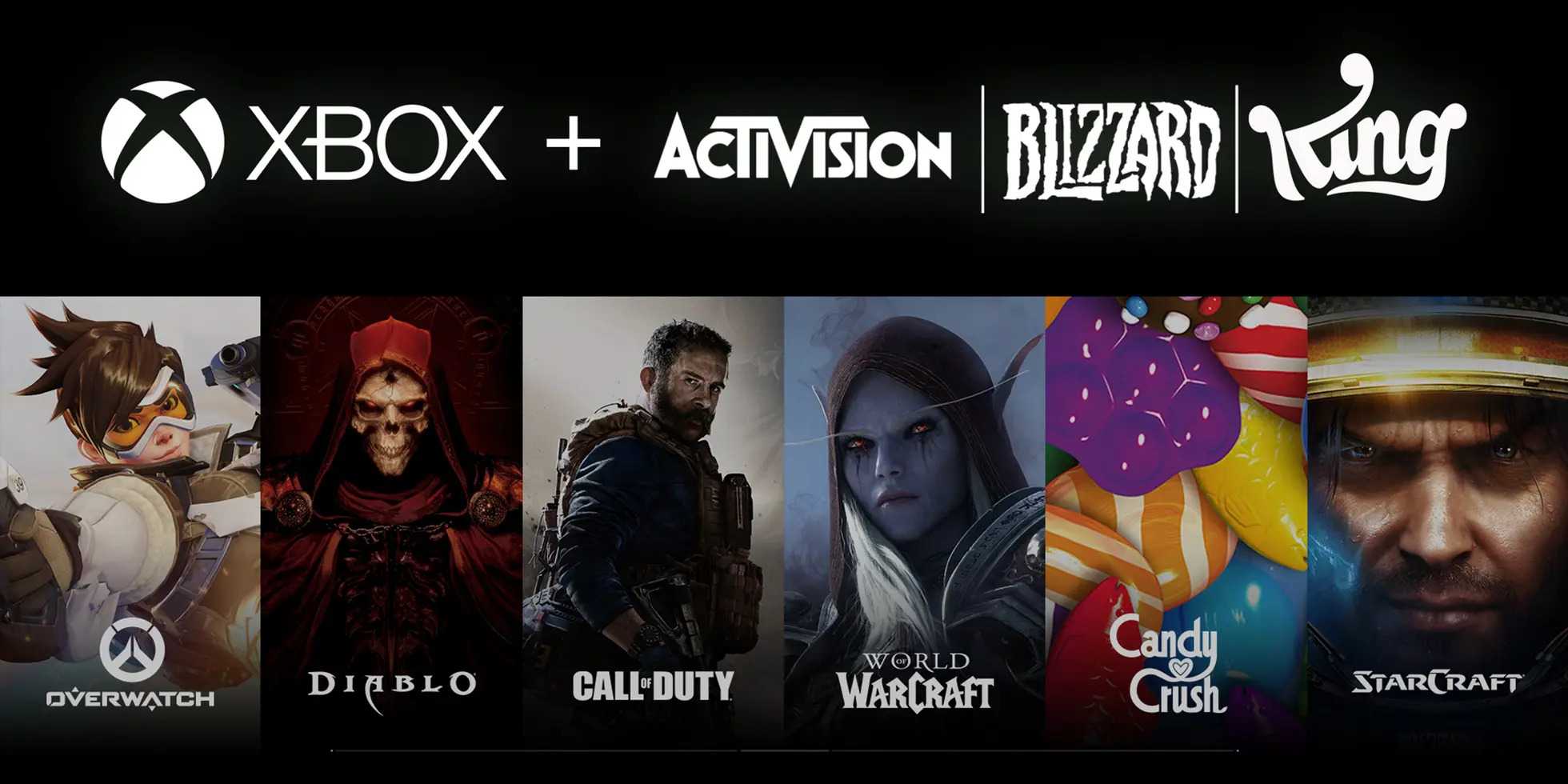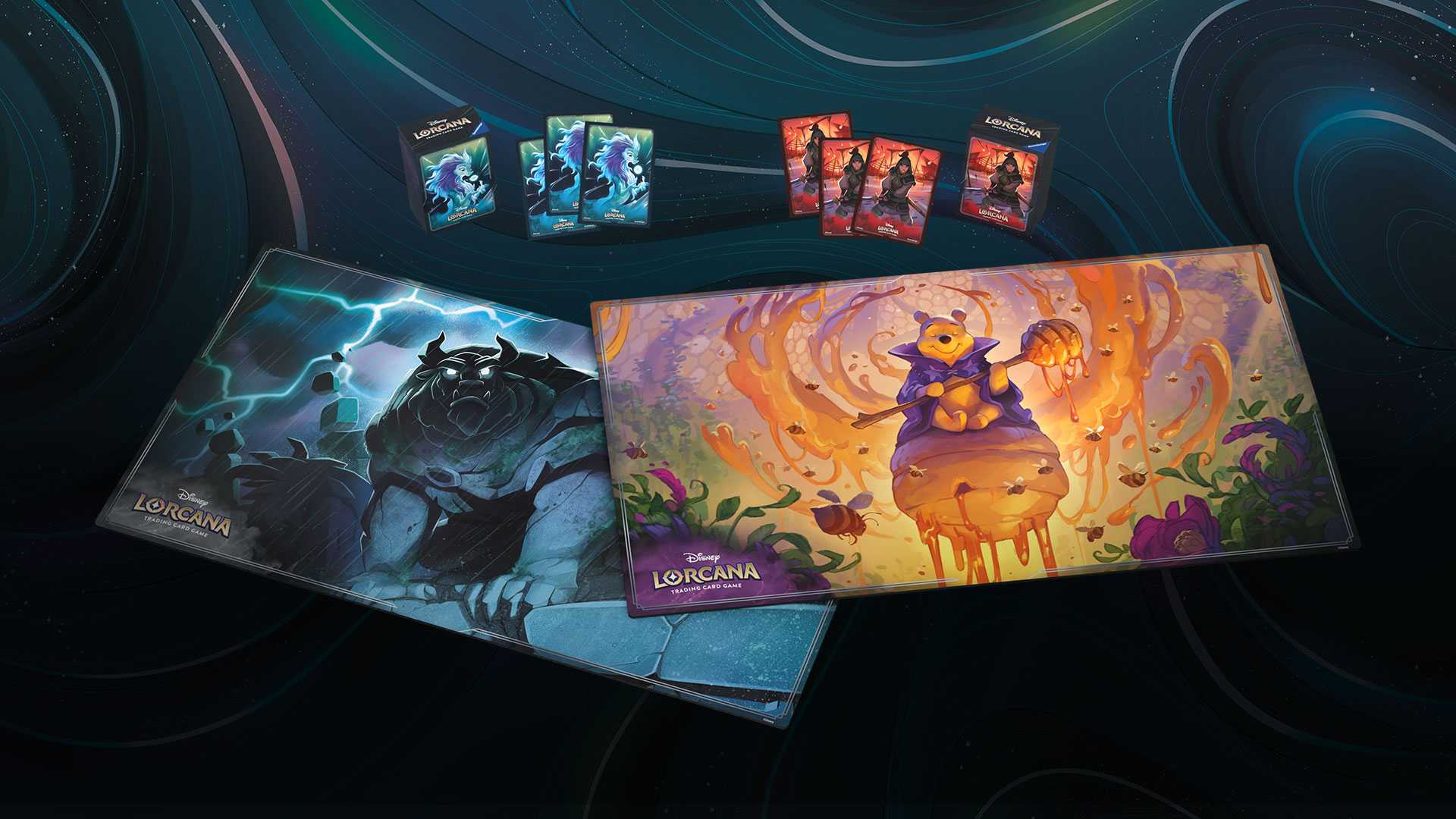The Non-Fungible Token (NFT) craze has reached the mainstream, and the money spent on some of these digital assets is difficult to ignore. Music artist Grimes, for example, has sold over $6M worth of digital art. NBA Top Shot, which allows users to buy NFTs of NBA clips and open them as digital packs (like trading cards), says it has over 100,000 buyers and nearly $250 million in sales. NFL star Rob Gronkowski has been selling his best Super Bowl moments as NFTs, while boxing legend Muhammad Ali is being memorialized as an NFT 50 years after his fight with Joe Frazier. Even Twitter CEO Jack Dorsey’s first tweet is being sold as an NFT and bidding has eclipsed $2.5M.
Based on the Ethereum blockchain, NFTs have been around since 2015 but are enjoying a surge in demand as Bitcoin and other cryptocurrencies have been normalized thanks to support from Tesla, Apple, Google, and others; the total value of cryptocurrencies recently hit a high of $1 trillion.
The world of games hasn’t been swept up by NFTs yet. That said, CryptoKitties, one of the earliest examples, has sold more than $40 million to date since 2017. NBA Top Shot publisher Animoca Brands also operates blockchain-based world-building game The Sandbox, a virtual world enabling players to build and monetize their own gaming experiences as NFTs. Moreover, in the world of esports, several teams and influencers have begun selling fan tokens, while Dmarket, an in-game item brokerage, recently completed the “biggest sale in the history of esports memorabilia” when it sold esports org NAVI’s NAVINATION Season 1 NFT Cup for $100K. Polyient Games is also launching a $100K esports tournament series to spread crypto and blockchain awareness among gamers and esports fans.
There’s a clear opportunity in the gaming community, as Interpret’s New Media Measure® shows that the biggest increases in crypto interest have come from gamers, with 27% of US gamers having traded a cryptocurrency (up from 21% in 2019) compared to 8% of non-gamers (nearly flat with 7% of non-gamers in 2019). Game publishers, esports teams, tournament organizers, and influencers can use NFTs to build brands and generate recurring revenues, while content creators could possibly get a shot in the arm from a more robust economy – if someone decides to resell an NFT to a new buyer (a secondary transaction), the seller receives 90% of that revenue, but the original creator also gets a cut.







